News in brief: New review says May’s Senedd election is not ‘an unacceptable risk’
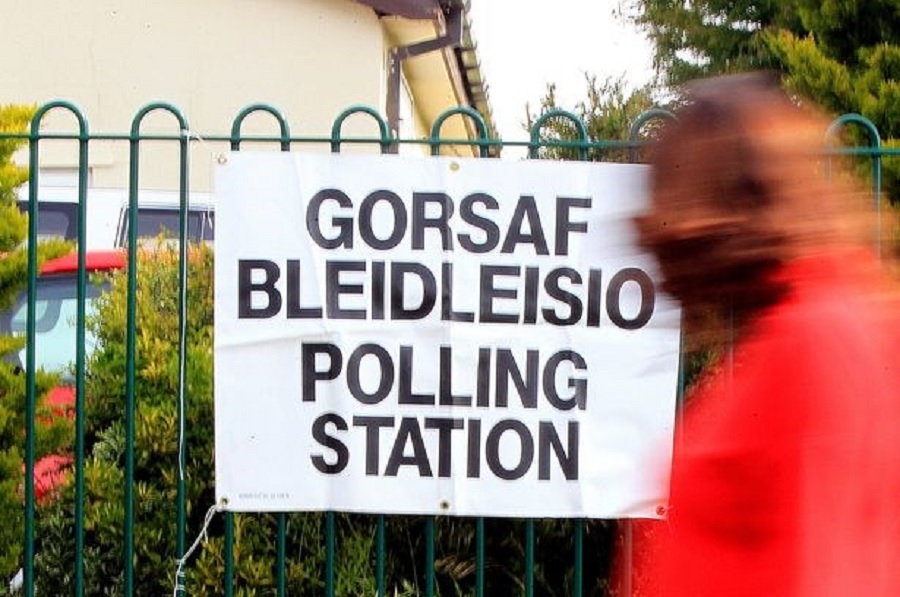
Julie James, Minister for Housing and Local Government, has confirmed the government’s latest review of preparations for May’s Senedd election has concluded there is currently no reason for the vote to be postponed.
The latest review determined that with the number of Covid infections and hospital admissions falling, “there was no feedback which would suggest holding the election is an unacceptable risk”.
In the review, the Welsh Government’s Chief Medical Officer, Dr Frank Atherton backed the election taking place on 6 May as scheduled as infection rates are predicted to be lower than later in the year, when the number of Covid cases could have risen as the impact of the most recent lockdown diminishes.
In a written statement Ms James said: “We are continuing to support Returning Officers and electoral administrators as they continue with preparations to reduce the risks associated with running an election during a pandemic, such as implementing social distancing and hygiene measures at polling stations and count venues.”
“The fourth and final review of election preparations will be completed by 23 April. In extremis, the Senedd could make a decision, subject to the agreement of 40 out of 60 Members, to postpone the poll at any time up to dissolution on 29 April. However, as outlined in this Written Statement, based on the information available the Welsh Government’s firm intention at this point remains for the election to be held on 6 May as planned.”
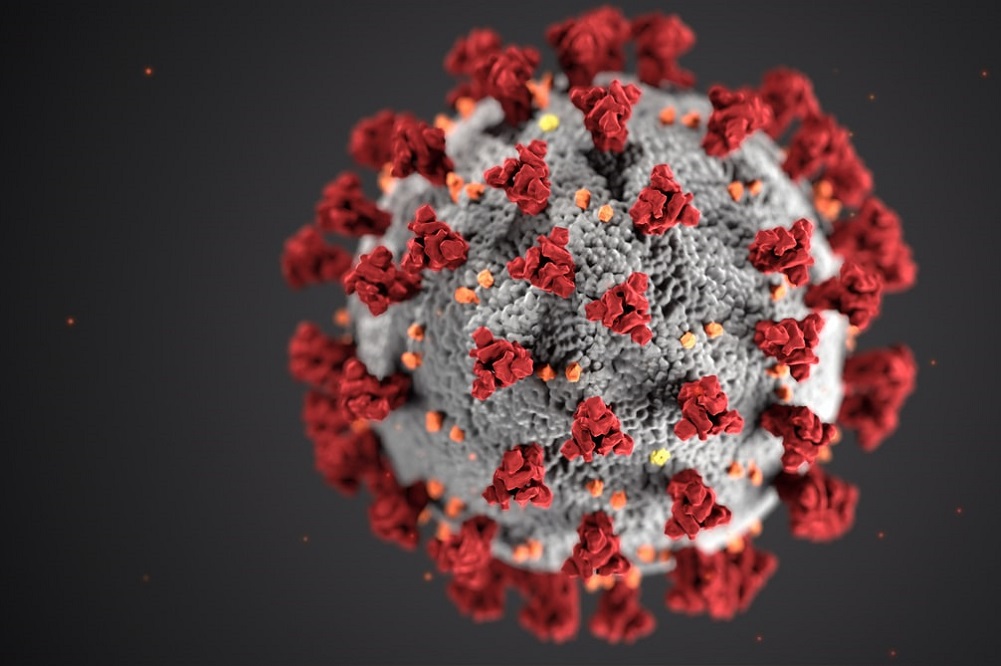
Covid deaths and hospital admissions continue to fall in Wales
The number of deaths in Wales has fallen for the fifth week in a row and the number of deaths involving Covid-19 are down by over 50%, according to the latest figures from the Office for National Statistics.
The latest report covers the week ending 2 April, the Good Friday bank holiday and the ONS warns that as Easter takes place at different times each year, “trends in this week’s release should be interpreted with caution” when comparisons are made to the weekly five-year average.
The total number of deaths from all causes registered in Wales decreased from 651 the previous week to 483, 27.4% below the five-year average and the number of deaths registered involving Covid-19 fell from 32 to 15, 3.1% of all deaths.
A total of 7,812 deaths involving coronavirus have been registered since the start of the pandemic, 19% of all deaths in Wales and 5,808 deaths above the five-year average.
Deaths counted by the ONS are when Covid-19 is mentioned by doctors on the death certificate and which occur in all settings – including hospitals, care homes, hospices and people’s homes.
The daily figures released by Public Health Wales only include the deaths of a hospital patients or care home resident where Covid-19 has been confirmed with a positive laboratory test and the clinician suspects this was a causative factor in the death.
Meanwhile, Figures released yesterday by NHS Wales revealed the number of people being admitted to hospital with coronavirus is currently the lowest since the start of the pandemic in March last year.
The daily average over the last week averages 18 and Covid admissions now make up just 1.8% of all hospital admissions.
Today’s figures from Public Health Wales have confirmed two further deaths due to Covid, both in the Cwm Taf Morgannwg health board area, taking the total number to 5,533 since the start of the pandemic in March last year.
Across Wales 69 people tested positive for the virus since yesterday’s bulletin.
Swansea (16) recorded the highest number of new cases in the last 24 hours, followed by Cardiff (12) and Newport with 11. Swansea also has the worst weekly case rate in Wales at 31.6 per 100,000 people and the highest positive test proportion at 3.7% per 100,000 tests.
The national case rate has dropped from 17.5 to 17.4 in Monday’s report and the test rate is unchanged at 2%.
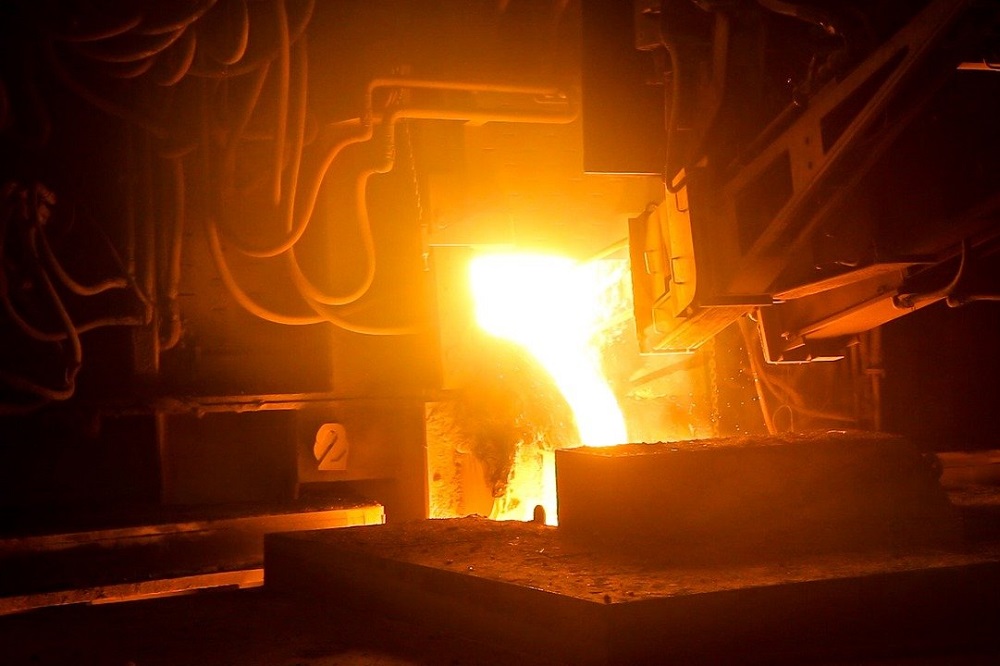
Liberty Steel fails to meet accounting deadline for steel plants
Liberty Steel, the third largest steel company in the UK, has missed deadlines to file accounts for its plants in Newport and Tredegar along with 13 other businesses operating under the control of the cash strapped GFG Alliance conglomerate.
According to reports at Companies House, the other companies that have missed the filing deadline include the steel plants in Rotherham and Stocksbridge in South Yorkshire, Dalzell in Scotland and Coventry in the West Midlands and the Liberty British Aluminium smelter in Fort William, Scotland.
GFG Alliance has been fighting for survival since the collapse of its main financier Greensill Capital, which fell into administration last month, forcing Liberty to pause production at some of its UK plants to conserve money.
The UK Government subsequently rejected a plea for a £170 million emergency loan last month.
Greensill was placed under administration in March and its funds were frozen by financial services group Credit Suisse, leaving GFG with a need to refinance its assets.
Last week Credit Suisse trustee Citibank filed a winding-up order in the New South Wales Supreme Court for GFG-owned OneSteel Manufacturing and Tahmoor Coal.
A spokesperson for GFG said the notice was unnecessary as the group was close to reaching agreement on a refinancing package.
“GFG confirms it has received multiple offers of finance from large investment funds and is in advanced due diligence,” the company spokesperson said.
“The term sheets as currently proposed would provide enough cash to repay the creditors of MPS. GFG Alliance expects the confirmatory due diligence to be complete within weeks before a final offer is accepted.”
Failing to file an annual report is a criminal offence, although the maximum financial penalty for late filing is only £1,500 for a private company.
According to the Guardian newspaper, most of the companies had not filed audited accounts for the year ending on 31 March 2020 because they would no longer represent an up-to-date view of the businesses.
GFG has about 35,000 employees worldwide, of whom 3,500 are in the UK. Over 200 workers are employed across both facilities in Wales.
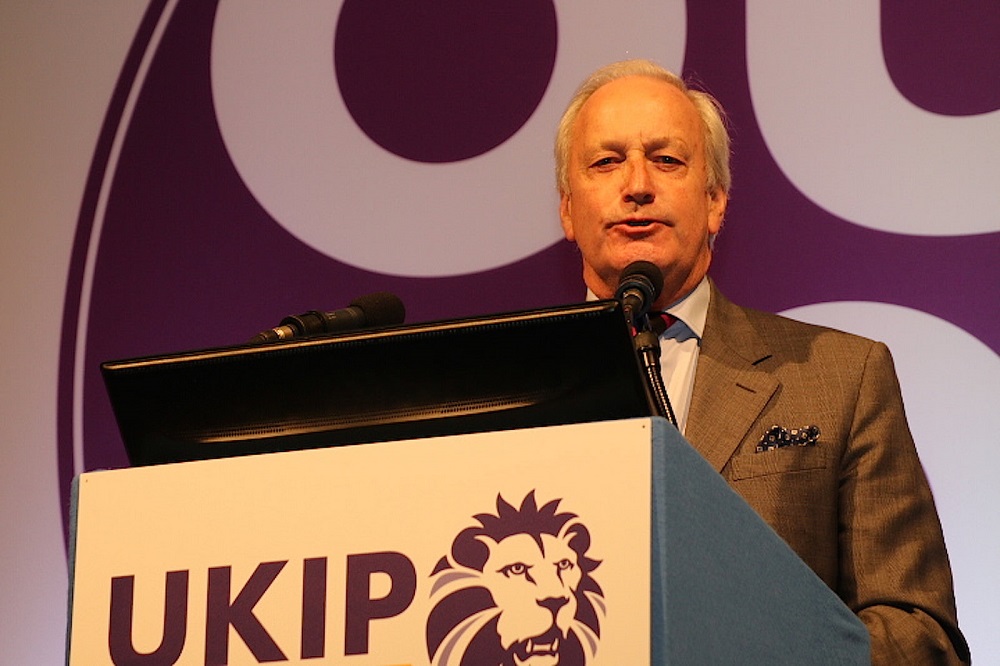
UKIP manifesto includes pledge to abolish the Senedd
UKIP has pledged to hold a referendum on scrapping the Senedd in Its manifesto for May’s election.
The party also says it will scrap measures to help asylum seekers and refugees in Wales, end the smacking ban and stop sex education in primary schools.
“By transferring powers away from politicians and directly to the people, this is truly a people-powered manifesto,” Mr Hamilton told BBC Radio Wales.
“UKIP is the only party that has set out a comprehensive and positive plan for how Wales will be run post-devolution. Unlike other parties, we do not want to simply cede all powers to equally distant political elites in Westminster.”
UKIP won seven seats at the last election but following a series of defections the former Tory MP is the party’s sole representative in the Senedd.
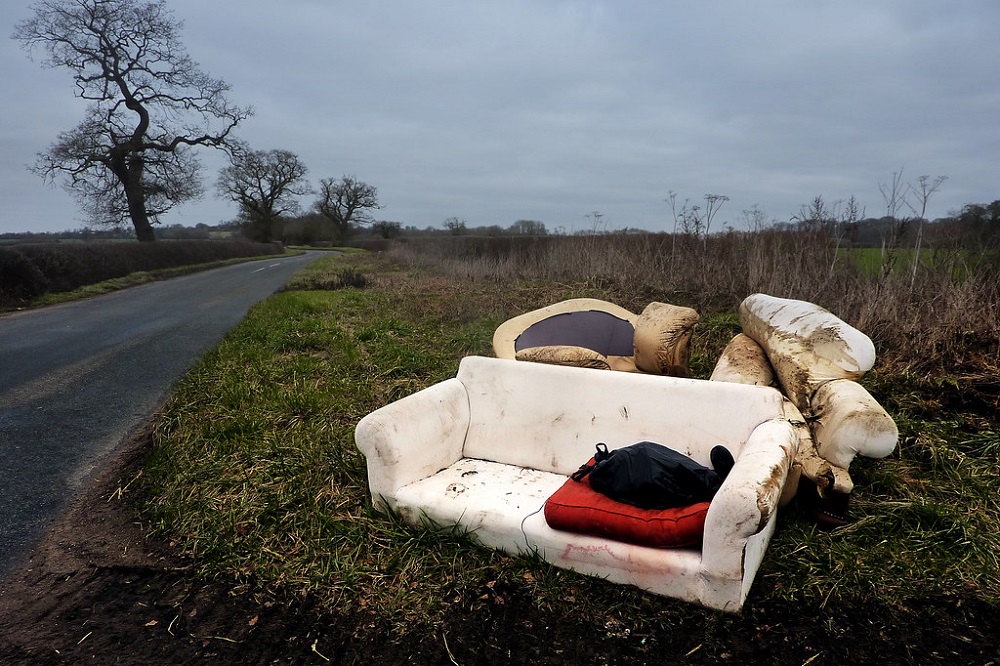
Council sets out plan to “radically reduce litter and fly-tipping
Saul Cooke-Black, local democracy reporter
A NEW five-year plan aiming to “radically reduce litter and fly-tipping” in Blaenau Gwent has won the backing of councillors.
Blaenau Gwent council is the second authority in Wales developing its own bespoke strategy to reduce litter and fly-tipping.
The plan – which runs until 2026 – includes a range of actions aimed at tackling the issue, including community engagement, enforcement and improving education and awareness.
The vision of the document is “to radically reduce litter and fly-tipping so we can improve our natural habitats as well as our wild and urban landscapes, increasing pride and awareness of our local heritage and desire to keep it litter free”.
Councillors on the council’s community services scrutiny committee gave their support to adopting the strategy at a meeting on Monday.
Cllr Julie Holt said she welcomed the strategy, and that she would like to see the council working with businesses and fast-food restaurants to tackle littering, as well as schools and youth groups.
“I think this is well overdue and it’s an excellent document,” she said.
Cllr Phil Edwards, leader of the council’s Minority Independent Group, said he wanted to see more fines and enforcement action taken over fly-tipping.
“I think we are falling down badly in Blaenau Gwent when it comes to not fining people and not taking people to court,” he said.
“We are one of the lowest, if not the lowest borough in Wales for not enforcing the rules.”
As previously reported, a Freedom of Information request published on whatdotheyknow.com shows the council issued no fines for fly-tipping and just 186 fines for littering offences in 2020.
But David Watkins, from the council’s street scene team, said that prior to the pandemic the council was “one of the best-performing” authorities in Wales in taking enforcement action.
Cllr Lisa Winnett said she would like to see the process for becoming a “litter champion” made easier.
The council has recruited more than 200 litter champions, which are supported with equipment from the council, but Cllr Winnett said other litter-pickers would also like to join the scheme.
“There are several groups in my area that are not litter champions, but they should be because they have been doing it for donkey’s years,” she said.
Cllr Malcolm Day said the council should be using more CCTV to catch fly-tippers and taking a more “hard-nosed approach”.
“The beauty of our area is being marred by a certain minority,” he said.
The meeting heard that the council is working to develop a CCTV system for use in more rural and discreet areas.
The new strategy is to go before the council’s executive committee for adoption in the coming weeks.
Support our Nation today
For the price of a cup of coffee a month you can help us create an independent, not-for-profit, national news service for the people of Wales, by the people of Wales.






